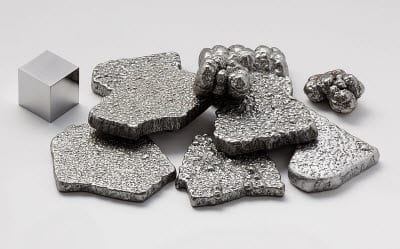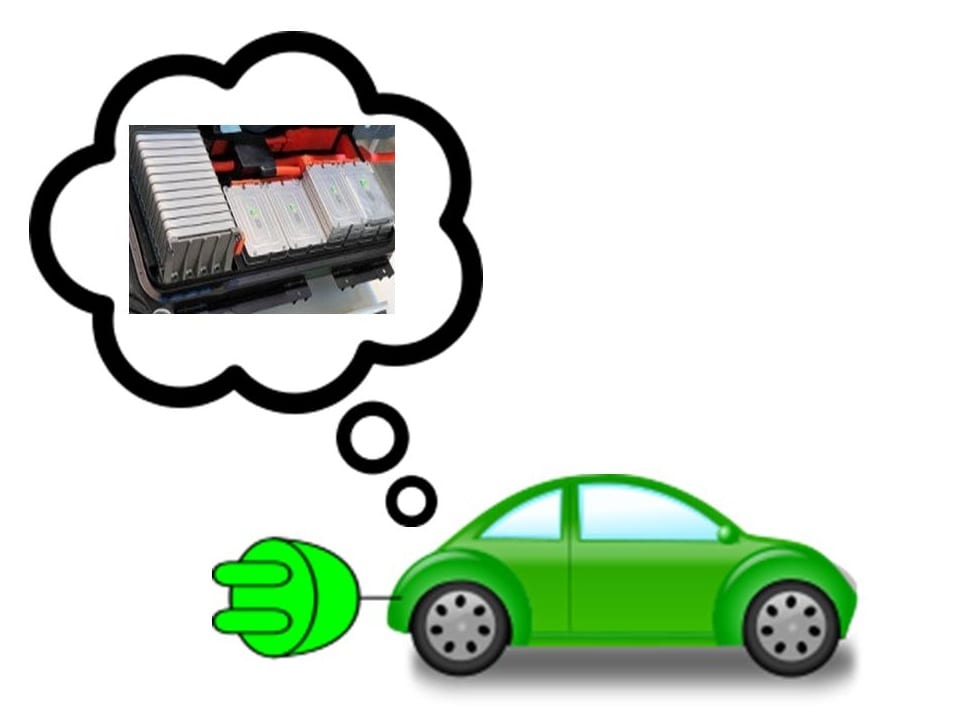
Fuel cells could benefit from new iron-based catalyst
February 23, 2013Fuel cells may see new era of progress with catalyst research
Hydrogen fuel cells have been growing in popularity for years. Recently, these energy systems have garnered a great deal of attention and acclaim for their ability to produce large amounts of electrical power in an efficient, carbon-neutral manner. Throughout the long history of fuel cells, the technology has been criticized for its high cost. This is because the components necessary for fuel cells to function are composed of expensive materials, thus making production a costly effort. The catalysts used in these energy systems are their most expensive component.
Researchers work to replace platinum
Researchers from the U.S. Pacific Northwest National Laboratory have been focusing on the catalysts of fuel cells recently. These catalysts are responsible for electrolysis, the process through which hydrogen gas is generated. Fuel cells typically use hydrogen to generate electrical power. Most catalysts are made from platinum, making them exceedingly expensive components. The cost of platinum drives up the cost of fuel cells themselves, putting them beyond the reach of many that have shown interest in renewable energy.
Iron catalyst capable of producing hydrogen gas efficiently
Researchers have developed a new catalyst that does not make use of platinum. Instead, this catalyst is based on iron and has shown that it can produce hydrogen gas as well as help generate electricity within a fuel cell. Given that iron is nearly one thousand times less expensive than platinum, researchers believe that it could help significantly reduce the cost of fuel cells and make them more attractive in numerous industries. The iron-based catalyst is the result of extension research into hydrogen itself, with scientists from the Pacific Northwest National Laboratory finding new ways to separate hydrogen into its base protons and electrons.
DOE continues showing support for hydrogen fuel
Research for a new catalyst was backed by the Department of Energy. The federal agency has shown a growing interest in hydrogen fuel in recent years, believing that this form of renewable energy could hold some promise, especially in the realm of transportation. Fuel cells currently see their highest adoption in the auto industry, where several companies are using them to develop a new generation of zero-emissions vehicles.



 With over 15 years of reporting hydrogen news, we are your premier source for the latest updates and insights in hydrogen and renewable energy.
With over 15 years of reporting hydrogen news, we are your premier source for the latest updates and insights in hydrogen and renewable energy.